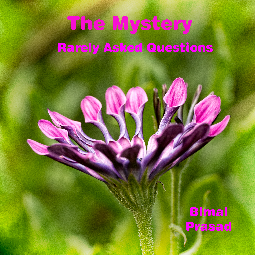
(Read Part 12 of the series.)
Utilitarianism
When deciding whether an action should be deemed good or bad (as opposed to whether it is something we ourselves want to do), people will sometimes try to calculate whether the result will benefit the majority. This principle was expressed in the 18th Century by Francis Hutcheson: ‘That action is best which procures the greatest happiness for the greatest numbers’. It is effectively the opposite of what Kant was saying. Whereas he insisted that it was the motive alone that determined whether an act should be deemed to be ‘good’ and that we should act from a sense of duty, Hutcheson was claiming that motives were ultimately irrelevant, it was the outcome alone that mattered.
Two philosophers in particular were responsible for developing and propagating these ideas and thereby influencing many people’s attitude towards morality. The first was Jeremy Bentham, who is generally regarded as the originator of so-called ‘Utilitarianism’, which says that conduct is right or wrong according to its tendency to produce favourable or unfavourable consequences for the people who are affected by it. It was given this name because actions are judged on the basis of their ‘utility’ or usefulness in bringing about good, or benefit of some kind as opposed to evil or unhappiness. Continue reading

 Everyone wants to be happy. This is the motivational force for everyone. The Vedas acknowledge this. The first part of the Vedas – karmakANDa – is effectively aimed at those who look for their happiness in external, limited, objects and pursuits; the latter part of the Vedas – j~nAnakANDa – is aimed at those who are looking to find the happiness within, through gaining knowledge of their true nature.
Everyone wants to be happy. This is the motivational force for everyone. The Vedas acknowledge this. The first part of the Vedas – karmakANDa – is effectively aimed at those who look for their happiness in external, limited, objects and pursuits; the latter part of the Vedas – j~nAnakANDa – is aimed at those who are looking to find the happiness within, through gaining knowledge of their true nature. A new, short series presenting the booklet by Bimal Prasad, in which he answers some ‘Rarely Asked Questions’ on Life. Primarily from the perspective of Advaita, questions addressed include the nature of happiness, consciousness, mind and ego. There is also practical guidance on meditation in the final chapter. Answers are relevant and succinct, so that many of the issues of interest to the seeker are covered.
A new, short series presenting the booklet by Bimal Prasad, in which he answers some ‘Rarely Asked Questions’ on Life. Primarily from the perspective of Advaita, questions addressed include the nature of happiness, consciousness, mind and ego. There is also practical guidance on meditation in the final chapter. Answers are relevant and succinct, so that many of the issues of interest to the seeker are covered.
